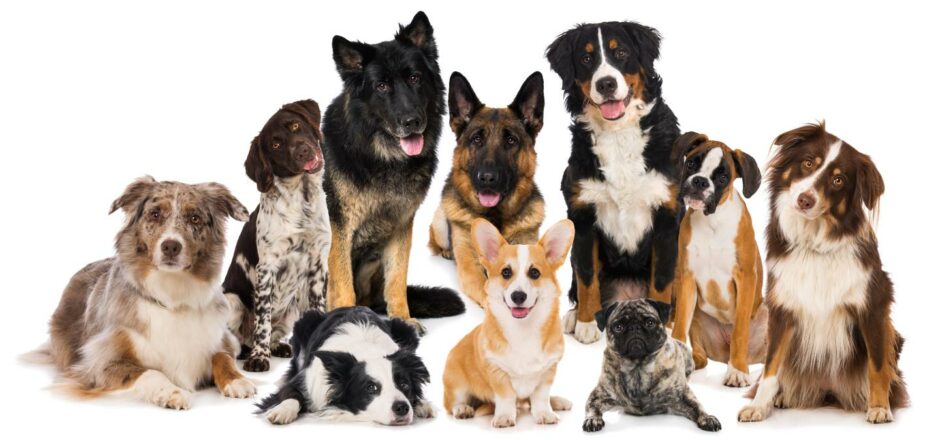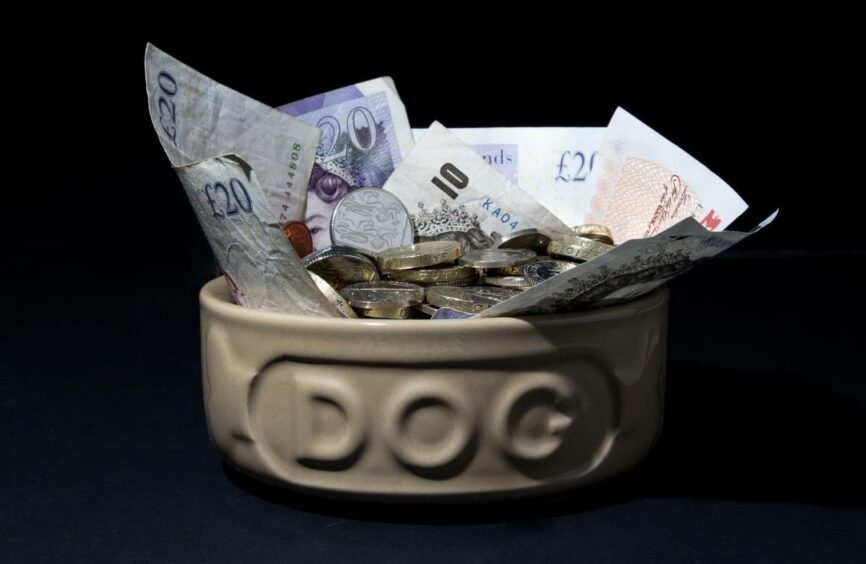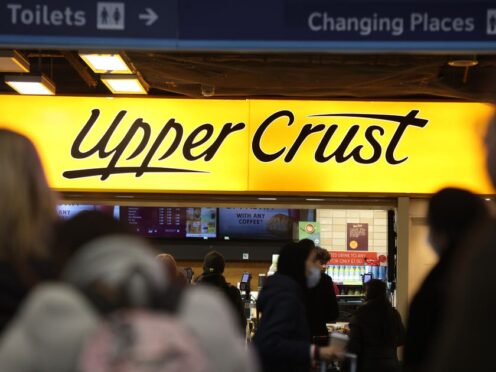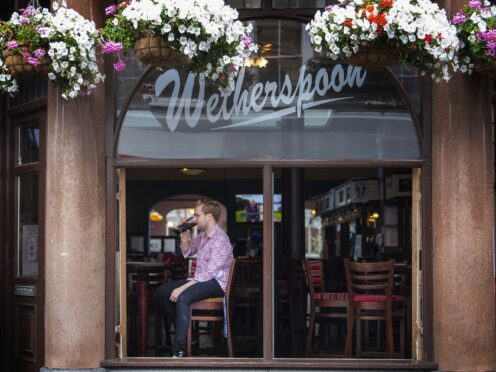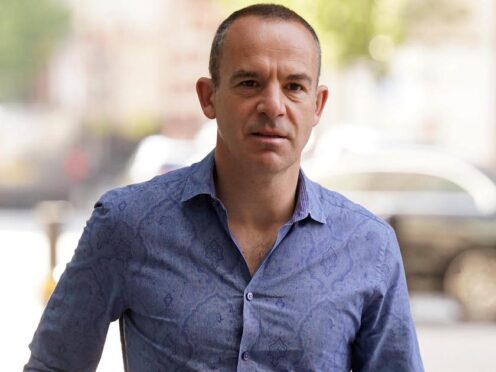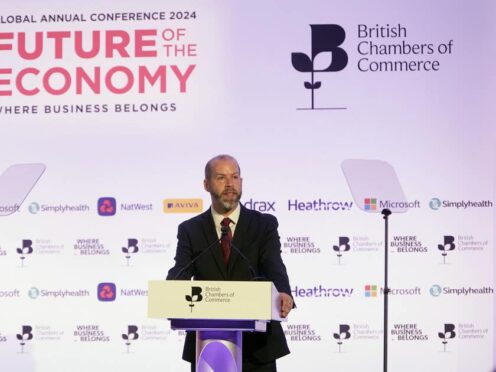Poorly performing equity funds have been named and shamed in the latest Spot the Dog list from Bestinvest.
The online investing service has put 86 such funds in its doghouse.
While the number of funds in the pound is only nine higher than the previous count last August, the total value of assets held in these “dogs” has surged by 54% to £45.4 billion.
Based on their current size and ongoing charges, the latest dog list would generate annual fees for £463 million in a flat market.
Spot doesn’t win any popularity awards with fund managers, particularly those with the funds in the list who will soon be howling out their excuses.”
Jason Hollands, managing director, Bestinvest.
Bestinvest takes a twice yearly look at the performance of open-ended funds – unit trusts or open-ended investment companies – available to retail investors in the UK.
To make the Spot the Dog list a fund must have failed to beat its market benchmark in each of three consecutive years, highlighting consistent underperformance.
It must also have underperformed its market by more than 5% over the entire three-year period under review.
Bestinvest – part of financial services group Tilney Smith & Williamson – said its latest list of shame was a reminder that, with less than two months to go before the end of the tax year, investors can shine a “bright and sometimes cruel light” on their portfolios.
It added: “This is not to say that savers need necessarily to switch out of a dog fund: they might well have good reasons to forgive a fund’s recent travails and to believe things will rapidly improve,
“But owning a dog fund is certainly a reason to reconsider whether to hang on or move elsewhere.”
Bigger funds causing most damage
Some of the worst-performing “dogs” on Bestinvest’s latest list are small funds with few retail investors.
But those causing the biggest damage to portfolios are popular mega funds.
Many of Bestinvest’s 12 “lumbering canines” managing more than £1 billion in assets are in the global and global equity income sectors.
JP Morgan’s US Equity Income fund – home to £3.92bn of investors’ money – underperformed its North America index by 32%.
The biggest Global Equity Income dog is BNY-Mellon Global Income Fund at £3.47bn, which lagged its benchmark by 26%.
St James’s Place, abrdn and Jupiter are well-represented on the list, with six funds each.
Jupiter’s six funds total £988.6 million in assets, abrdn’s comprise £1.84bn and St James’s Place a hefty £5.74bn.
The biggest UK dog-funds are Halifax UK Growth (£3.79bn) and Invesco UK Equity High Income (£3.08bn), which underperformed their benchmarks by 10% and 29% respectively.
Schroders has five funds on the list under its own name, housing £1.02bn in assets.
But it also manages a number of funds for HBOS and Scottish Widows, which together add another £8.6bn to its “paw print”.
£45.4bn is a lot of savings that could be working harder for investors rather than rewarding fund companies with juicy fees.”
Bestinvest managing director Jason Hollands said: “Unsurprisingly, Spot doesn’t win any popularity awards with fund managers, particularly those with the funds in the list who will soon be howling out their excuses.
“But it has helped shine a spotlight on the problem of the consistently disappointing returns delivered by many investment funds.
“In doing so, not only has it encouraged hundreds of thousands of investors to keep a closer eye on their investments, but it has also pushed fund groups to address poor performance.”
Mr Hollands added: “£45.4bn is a lot of savings that could be working harder for investors rather than rewarding fund companies with juicy fees.
“At a time when investors are already battling inflation, tax rises and jumpy stock markets it is vital to make sure you are getting the best you can out of your wealth.
“While turbulence has increased recently, that’s no excuse for consistently failing to match benchmark returns, sometimes by drastic margins.”

